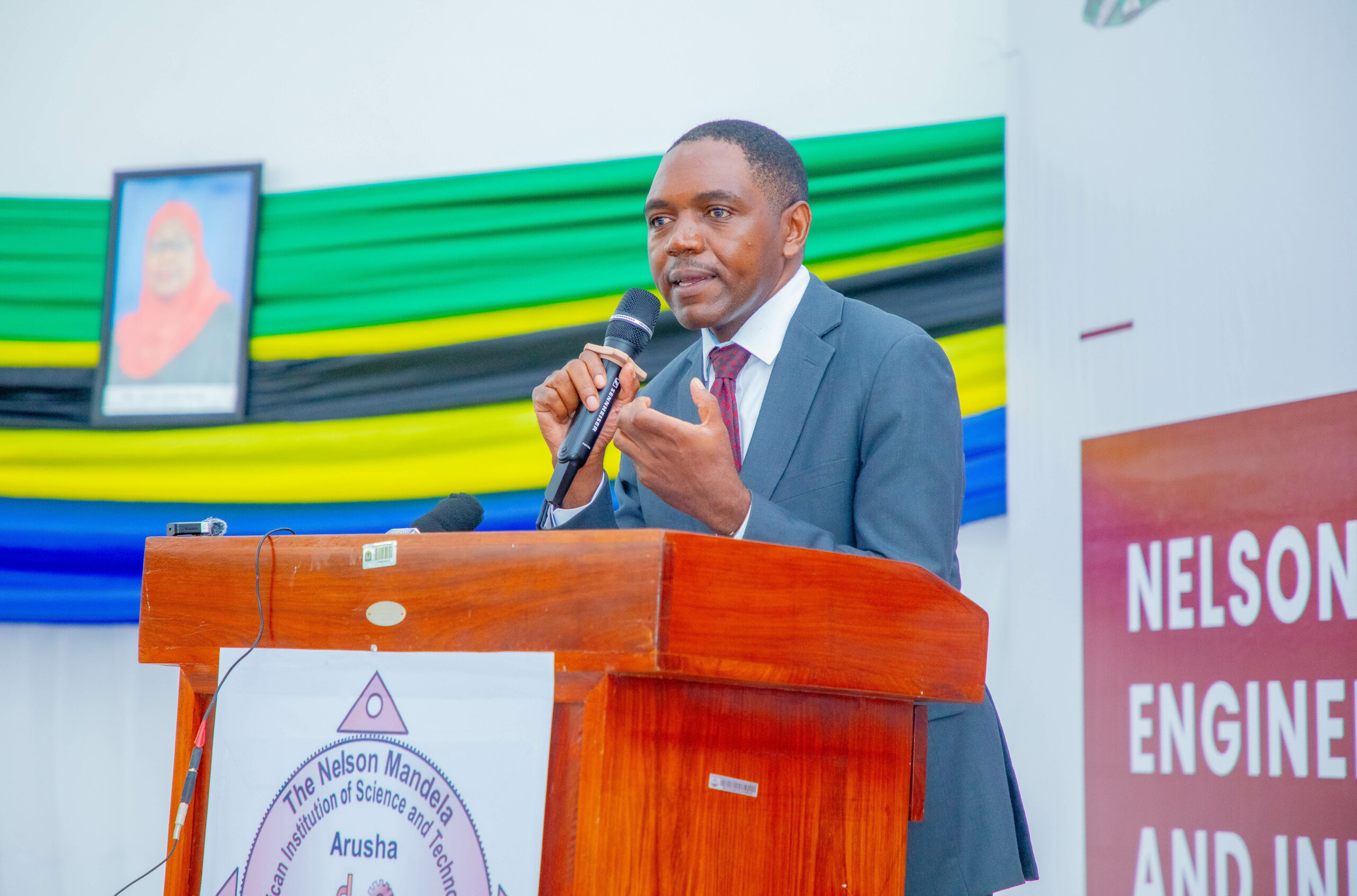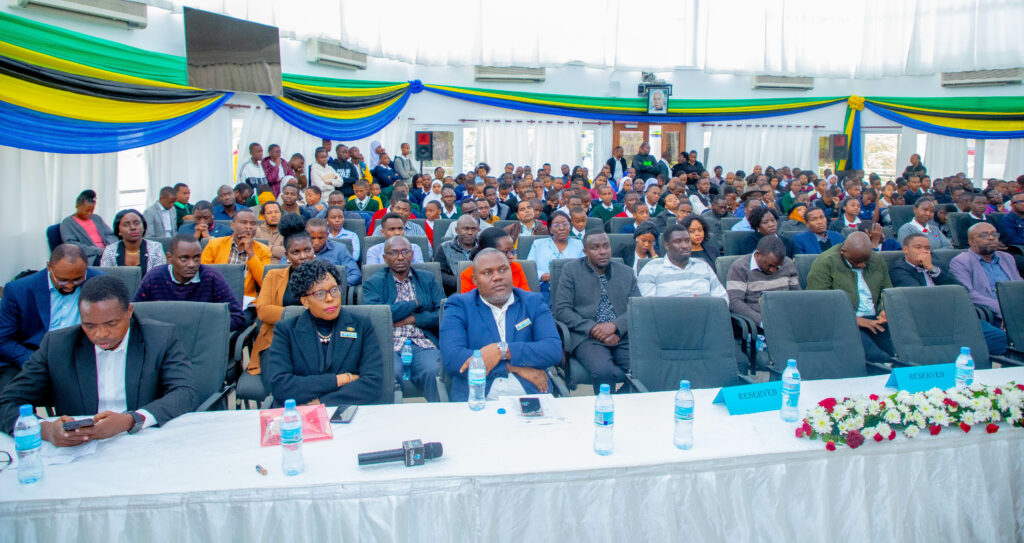
The Nelson Mandela African Institution of Science and Technology (NM-AIST) has officially celebrated Innovation Week, honouring the vision of South Africa’s first President, the late Nelson Mandela, who aspired to see Africa become self-reliant through homegrown scientific and technological expertise.
Speaking during the opening ceremony held at the institution’s conference hall, Vice Chancellor Professor Maulilio Kipanyula emphasized that Innovation Week aims to raise awareness about the vital role of science, engineering, technology, and innovation as key pillars of sustainable development.

“There can be no real progress without science and technology. We are especially committed to promoting participatory science, including artificial intelligence (AI), as a means to enhance the knowledge and skills of our youth,” Prof. Kipanyula stated.
The event featured expert lectures by both local and international speakers, alongside exhibitions showcasing innovations by students from secondary schools and technical colleges. Each group was given an opportunity to demonstrate their talents through creative solutions targeting real-world social challenges.
One of the standout innovations was a drone designed by students from St. Joseph Secondary School, capable of planting seeds using advanced systems that measure the size of the farmland and distribute seeds accurately and efficiently.

“I am truly impressed by this innovation. This kind of technology is a great asset for our farmers, as it reduces costs, saves time, and minimizes seed wastage. These are exactly the types of ideas we should be supporting,” Prof. Kipanyula added.
Deputy Vice Chancellor for Academic, Research, and Innovation, Professor Anthony Mshandete, noted that the institution continues to nurture talent from secondary schools to universities, with the goal of promoting emerging technologies and contributing to sustainable national development.
Chairperson of the Mandela Week Organizing Committee, Professor Linus Munishi, explained that the Innovation Week brought together stakeholders from diverse sectors including secondary schools, technical and higher learning institutions, public organizations, private companies, entrepreneurs, and industries.
“We want to see a culture of innovation begin at the earliest stages, which is why we’ve included even pre-primary schools and those located near the institution,” Prof. Munishi said.

The celebration has served as a vital platform for cultivating fresh ideas and engaging the community in the journey toward technological transformation, in line with the late Nelson Mandela’s vision of an Africa that is self-sufficient in education and science.






 Visit Today : 300
Visit Today : 300 Visit Yesterday : 1941
Visit Yesterday : 1941 This Month : 4017
This Month : 4017 This Year : 123506
This Year : 123506 Total Visit : 810772
Total Visit : 810772